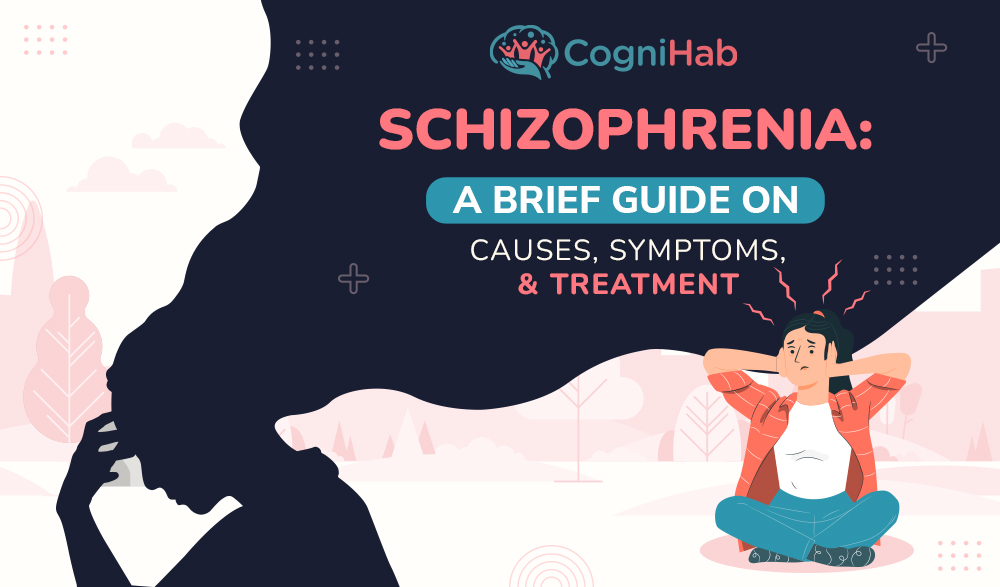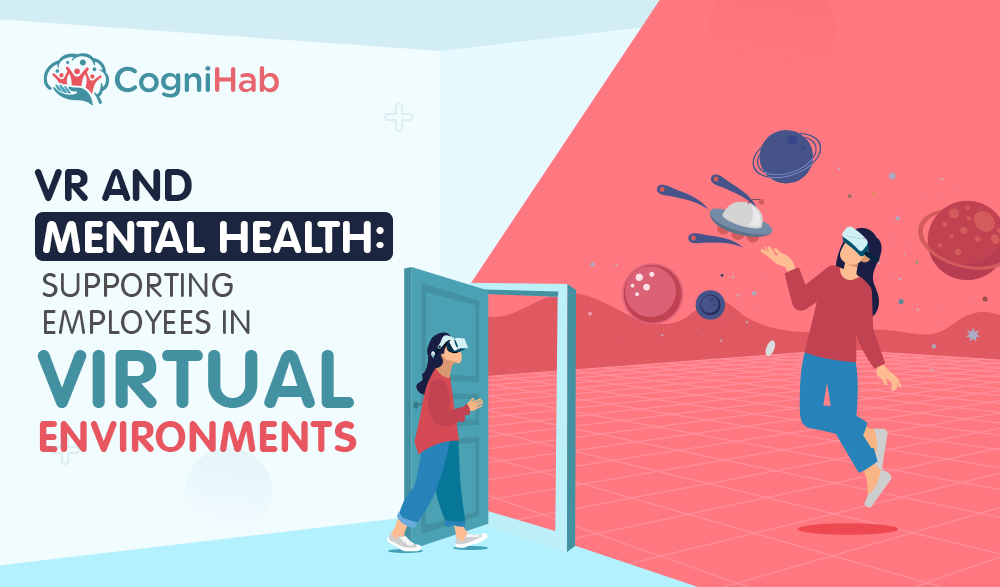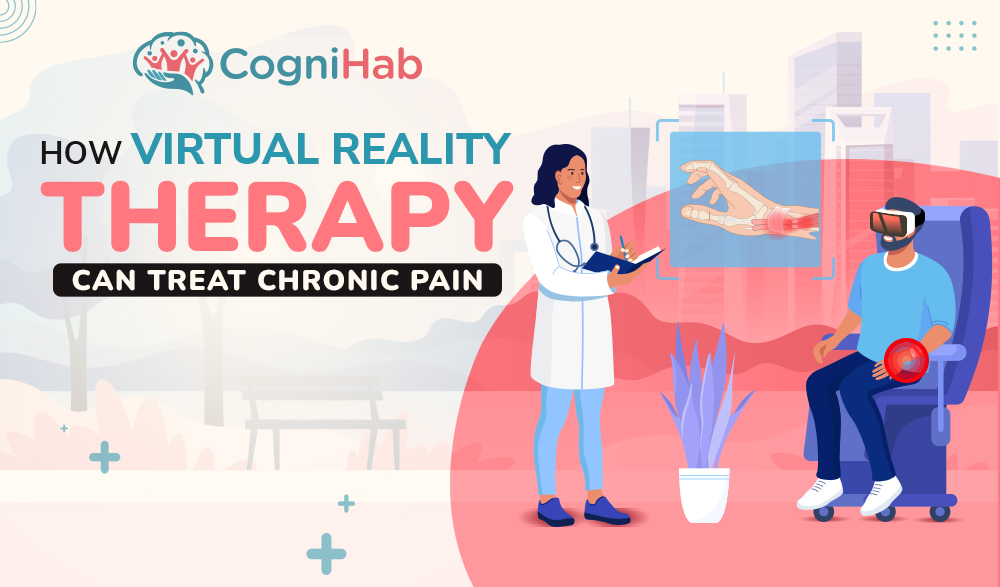Schizophrenia: A Brief guide on causes, symptoms, and treatment
Humans are born with the most amazing tool and cope up mechanism which is our Mind. However, many time this mechanism back-fire in the process of protecting us. Schizophrenia is one such condition where the mind creates delusions and hallucinations to protect us from some harsh reality. This severe but treatable condition impairs the person's capacity to distinguish between reality and delusion.
Only 0.32% of the population currently experiences this mental disorder, but there are roughly 24 million affected individuals. Considering that only one-third of the patients receive treatment, this is very concerning. Additionally, 5% of those who experience this mental disorder go on to commit suicide and 20% attempt suicide at least once.
The above mention statistical data is good enough to make us realize why is therapy important for mental health.
In this blog, we will discuss about this mental condition, therapy for mental health and effectiveness of Virtual reality therapy.
Understanding Schizophrenia
It is a severe mental illness where people have abnormal perceptions of reality. It may cause a concoction of hallucinations, delusions, and extremely irrational thinking and behaviour that makes it difficult to go about daily tasks and may even be incapacitating.
In the context of psychotic disorders, this condition can refer to a single illness as well as a range of illnesses. Due to the nature of relapse, people with Schizophrenia require lifelong treatment. Early intervention may help manage symptoms before the emergence of serious complications and may enhance the prognosis over the long term.
Symptoms of Schizophrenia
This mental disorder impairs a person's cognitive abilities, hinders rational thought, and causes issues with behaviour and emotions. Although signs and symptoms can vary, the majority of patients experience hallucinations and delusions.
Delusion
The patient might mistakenly believe that they are a victim of an event that never happened. They might believe they are being harassed or hurt. They might behave inappropriately around others and treat them like bad guys. They might imagine a scenario in which they are being pursued by someone else, harassed, or subjected to other unreal situations. The majority of people with Schizophrenia frequently experience delusions.
Hallucinations
Typically, they involve observing or hearing things that aren't real. But for the patient struggling with the mental condition seems real. Although any of the five senses can experience hallucinations, the most frequent one is hearing voices. They may also see any deceased family member, any religious figure, or an animal as a part of the hallucination. These sounds and visions might cause them to react differently and they may feel fear, pleasure, or anger in response.
Problems with Thought and Speech
According to research published in 2020, the speech patterns associated with Schizophrenia may be a symptom of a larger cognitive decline caused by structural changes in the brain. Additionally, malfunctions in neural network communication and operation are frequent. As a result, the disease may cause the patient to speak incoherently due to their unorganized thinking. Effective communication can be hampered by their answers to questions being partially or completely unrelated.
Abnormal Motor Behaviour
The person may exhibit some predictability if they have motor skill issues. They might act foolishly or become agitated inexplicably. It might be difficult to focus on anything, and one's behaviour might not be goal-focused, making it challenging to complete tasks. There are a variety of behaviours that can be displayed, such as disobedience to commands, odd or inappropriate posture, total silence, or unnecessary and excessive movement.
Negative Symptoms
The person's capacity to perform daily tasks may have decreased. Inattention to personal hygiene or lack of emotions is two examples of such behaviours. They might try to avoid making eye contact, maintaining the same expression, or speaking in a monotone. Also possible are social withdrawal, a loss of interest in daily activities, and a lack of pleasure-giving abilities.
Treatment for Schizophrenia
Although it cannot be cured, the condition is frequently treatable. People can fully recover in a small percentage of cases. This condition may relapse in the patient, so it is regarded as an incurable illness. Doctors actively suggest mental health group therapy activities for adults, for better results, because mental disorder cut off the person from society. Therapy, medication, and self-management strategies are frequently used in the treatment of this mental condition. While benefits of therapy for mental health is accepted by all and it is sufficient in treating the majority of mental health issues. However, managing this disorder typically necessitates medication. Because they increase the likelihood of a better outcome, early diagnosis, and treatment are crucial.
VR for Schizophrenia Patients
Virtual Reality is successfully treating many mental disorders such as PTSD, and phobia. VR for managing depression is one of the ideal tools. This mental condition is not curable as we discussed, but VR has shown a positive impact on patients. A research study was conducted to assess the effectiveness of VR in treating Schizophrenia patients. The study's preliminary findings point to it as a useful tool for treating this medical condition.
This research was based on social cognition and interaction training (SCIT), where the traditional SCIT was combined with a VR setting. 87 participants, who were previously diagnosed with this mental condition, take part in this study. These participants were separated into two groups and they were treated with traditional SCIT and VR-SCIT therapy. The research concluded that participants with VR-SCIT have higher efficacy than the traditional one. The gamified-model of VR worked much better with emotions, perception, and social functioning. With higher treatment compliance, VR-SCIT outperformed conventional SCIT in terms of improving emotion perception and metacognition.
Conclusion
Virtual Reality is transforming the healthcare industry, and it started with mental illness only. It was war soldiers who get the benefit of VR to treat their PTSD symptoms. However, in the case of Schizophrenia, there are only a few researches were conducted. Fortunately, all the research has a positive conclusion in favour of Virtual Reality. When more than 24 million lives are at stake, it is a good idea to choose an option with more efficacy.
Discuss the Virtual Reality option with your doctor if a close friend or family member is suffering from this life-threatening illness. With cutting-edge VR products, Cognihab is a proud provider of tech-medical services to the world. You can get in touch with us or visit our website to learn more about our offerings.







